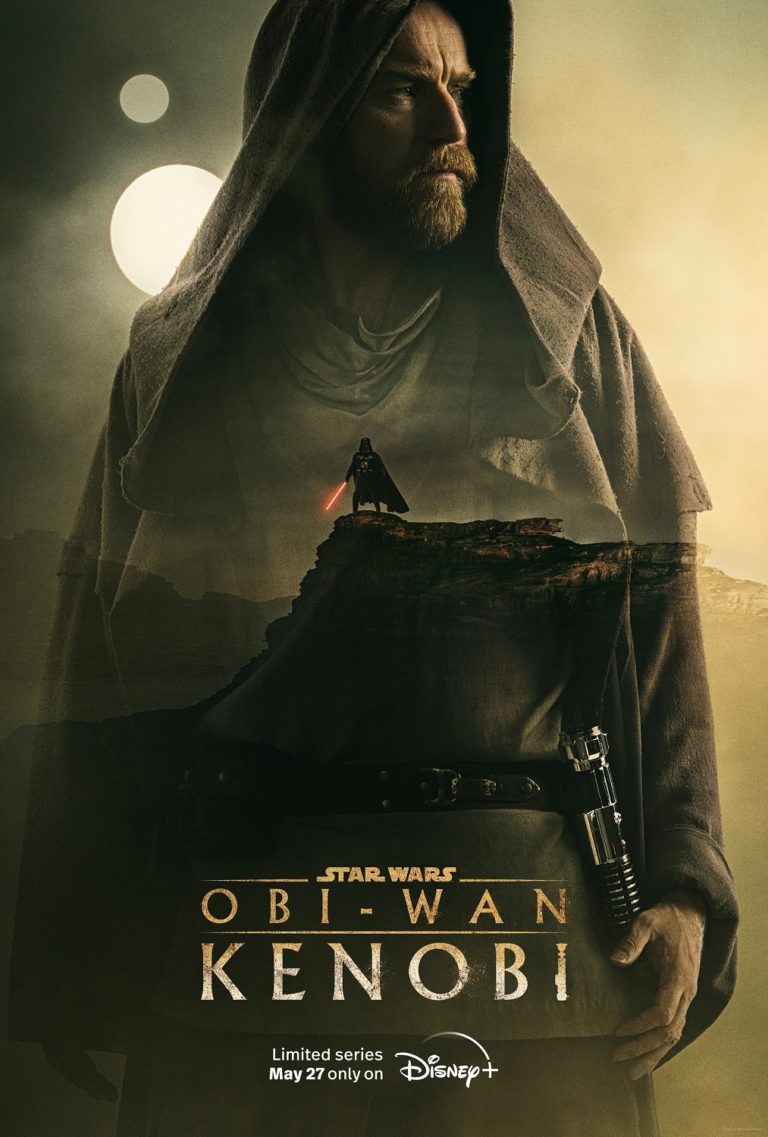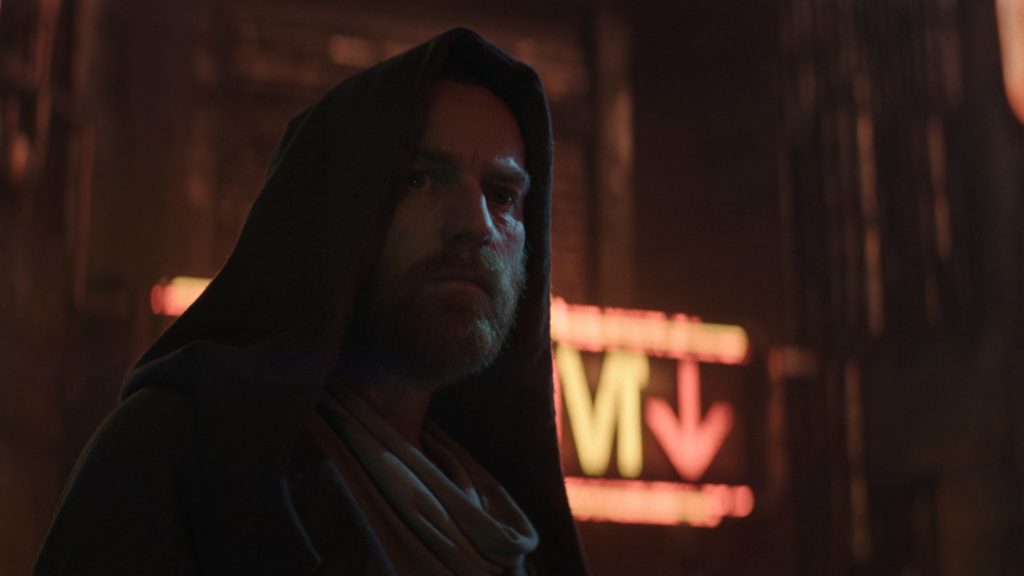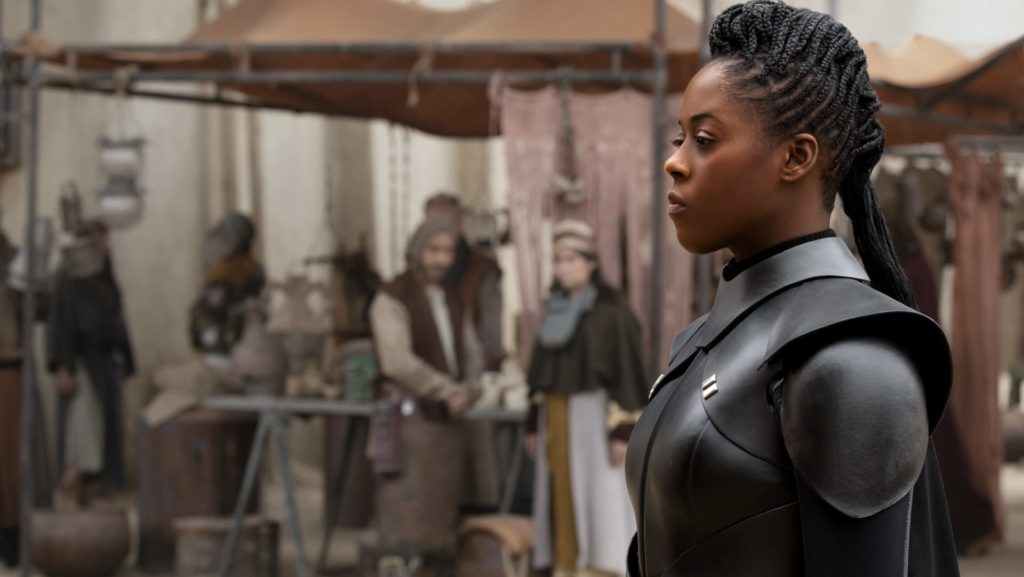
Star Wars is inarguably one of the most successful franchises of all time. But it’s important to remember that, while most entries have been huge moneymakers, they haven’t always been well-received. Two years after the original trilogy was re-released theatrically in 1997, Star Wars: Episode I – The Phantom Menace made its debut, telling the story of Darth Vader’s origins and the beginning of the fall of the Jedi. It was met with considerable negativity, as was its 2002 sequel, Star Wars: Episode II – Attack of the Clones, while the third and final installment, Star Wars: Episode III – Revenge of the Sith, is regarded as a decent recovery from the missteps of the first two. It’s puzzling, therefore, that the new Disney+ series Obi-Wan Kenobi would exist in the first place, given its firm connections to the legacy of that much-maligned prequel trilogy.

An iconic line from the original 1977 film is “Help me, Obi-Wan Kenobi. You’re my only hope,” said by Princess Leia Organa in a recorded message sent by droid to the long-dormant Jedi master. That’s a fitting setup for the premise of this show, which takes place in between Episode III and that first film, which is now known as Episode IV. Kenobi (Ewan McGregor) is in hiding as the Inquisitors search the galaxy for any Jedi who has escaped the grasp of the Empire. As he keeps a careful eye on young Luke (Grant Feely), who lives with his Uncle Owen (Joel Edgerton) and Aunt Beru (Bonnie Piesse), he finds himself called back into action when Leia (Vivien Lyra Blair) is kidnapped, and her adoptive parents Bail (Jimmy Smits) and Breha (Simone Kessell) reach out to him to find and save her.
It’s easiest to compare Obi-Wan Kenobi to another filler installment of this expansive franchise, Rogue One: A Star Wars Story. Both exist in between established narratives and events, and follow characters whose fates are mostly predetermined. For true fans, it can be inviting, since any opportunity to experience more of the magic of Star Wars may be welcome. But it’s also less inherently interesting and satisfying than something like the sequel trilogy or even The Mandalorian, which takes a tangential route to follow new leads within the universe whose stories can go to unexplored places.

The first episode of Obi-Wan Kenobi requires a four-minute introduction that is essentially a “previously on” segment, even though its contents are actually a summary of the prequel trilogy. While it does invite back a number of actors from the first and sequel prequel films, including McGregor, Edgerton, Piesse, and Smits, some roles, like that of Breha Organa, have been recast. Getting to appear in any Star Wars projects is obviously appealing, and so it’s great to see typically strong actors like Rupert Friend, Sung Kang, Moses Ingram, Benny Safdie, and Kumail Najiani in the ensemble. Friend and Ingram are particularly memorable as Inquisitors with different approaches to their work of systematically hunting down the Jedi.
The experience of watching Obi-Wan Kenobi, which at this point has already unveiled one third of its six-episode limited series, will surely be influenced by your own perception of and relationship to the prequels. This reviewer’s first brush with Star Wars was seeing the Special Edition in theaters at the age of nine, and therefore Episode I, at age eleven, and Episode II, at age fourteen, were wondrous and thrilling, not a horrific stain on the reputation of a decades-old franchise. The first two episodes of Obi-Wan Kenobi are more akin to the critically-appreciated Episode III, which, seen at age seventeen, was less enthralling and exciting overall. There is no world in which not watching a new live-action Star Wars show would really be an option gives its incomparable popularity, but what’s been presented so far is only mildly intriguing, hopefully building towards a more enticing back half of the season.
Grade: B
Check out more of Abe Friedtanzer’s articles.
The first two episodes of Obi-Wan Kenobi are now streaming on Disney+, with new episodes premiering Wednesdays on Apple TV+.

